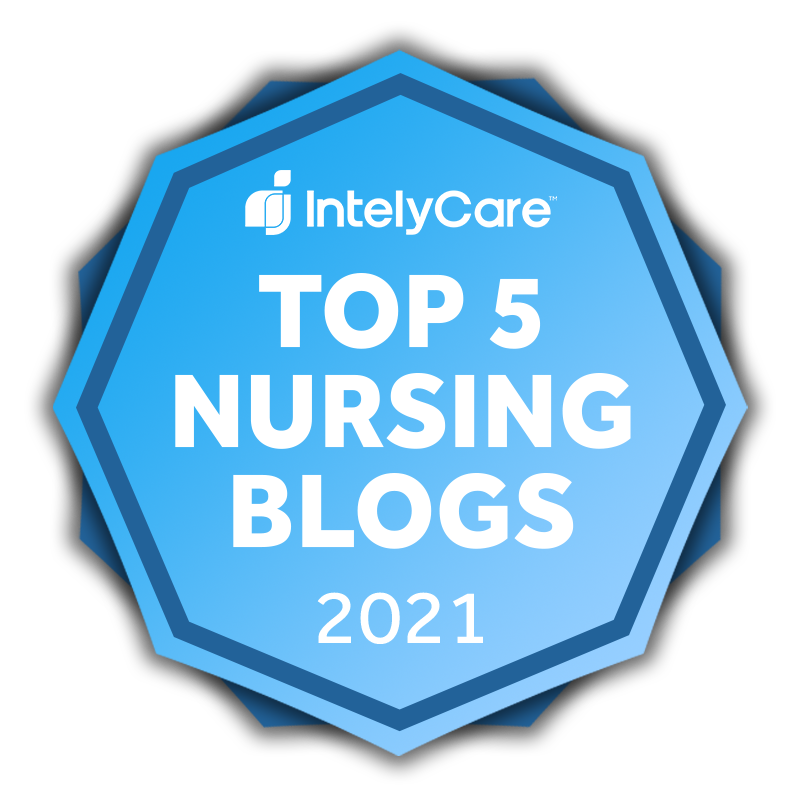 This blog was originally published on Calling All Nurses – As our healthcare system becomes more complex and patient care becomes more involved, nurses have been shifting into diverse nursing specialties to meet the growing needs of our communities.
This blog was originally published on Calling All Nurses – As our healthcare system becomes more complex and patient care becomes more involved, nurses have been shifting into diverse nursing specialties to meet the growing needs of our communities.
In this four part series, you will become more familiar the roles and responsibilities of 20 different nursing specialties that currently exist in today’s healthcare settings.
This week, we will focus on five of these nursing specialties: Case Management Nurses, Certified Nurse Midwives, Diabetes Nurse Educators, Doctors of Nursing Practice, and Family Nurse Practitioners.
Case Management Nurses coordinate all aspects of the care of individual patients, ensuring proper utilization of services and resources. They provide assistance within, between, and outside of facilities, and often times work directly with insurance companies to obtain services necessary for optimal patient outcomes.
Their roles and responsibilities include, but are not limited to: working with patients, families, and other healthcare professionals to expedite healthcare services in a safe and financially responsible manner, identifying actual or potential risks in meeting optimal patient outcomes, setting up home care services and long-term care services for patients, and providing education to patients and family members regarding their insurance benefits and coverage if needed.
Certified Nurse Midwives are advanced practice registered nurses who provide counseling and care during pre-conception, pregnancy, childbirth, and the postpartum period. They spend most of their time providing family-centered primary care to women throughout their reproductive lives.
Their roles and responsibilities include, but are not limited to: multifaceted patient care that focuses on female reproductive wellness and education regarding the expectations of healthy pregnancy and childbirth, delivering babies, providing prenatal and postpartum care, identifying actual or potential risks to health, and assisting gynecologists and obstetricians in providing patient care.
Diabetes Nurse Educators help patients with diabetes better understand and control their disease process. They spend much of their time relaying important information between patients, doctors, and family members, usually identifying barriers to reaching optimal patient outcomes and developing care plans to meet expected goals. A Diabetic Nurse Educator is challenged in today’s healthcare system to prevent diabetes related hospital admissions for their patients, and often serve as a specialized case manager.
Their roles and responsibilities include but are not limited to: multifaceted patient care that focuses on empowering patients and family members with the knowledge and skills to prevent and manage diabetes, demonstrate the usage of glucometers, insulin syringes, medication administration, dietary modifications, exercise routines, and evaluate effectiveness of care plans initiated.
Doctors of Nursing Practice (DNP’s) are considered terminal degrees—the highest level of education a nurse can attain—and offers an opportunity to directly affect patients in a way alternative to the PhD degree which focuses more on nursing research. Also a DNP is a clinical practice focused doctorate instead of a research focused doctorate. A nurse with a DNP spends most of their time in supervisory, coordination, or administrative positions within various clinical settings.
Their roles and responsibilities include, but are not limited to: multifaceted patient care and coordination focusing on overseeing and evaluating patient safety, quality, and effectiveness of care being provided, provide education to nursing personnel, and maintaining compliance strategies for the delivery of evidence-based practice.
Family Nurse Practitioners (NP’s) are registered nurses who serve as primary and specialty health care providers. Much like a family doctor, Family Nurse Practitioners work with patients throughout their lives, diagnosing illness, conducting exams, and prescribing medications and treatments. NP’s can also serve as a patient’s sole health care provider and run their own private practices.
Their roles and responsibilities include, but are not limited to: multifaceted patient care focusing on primary patient care across the lifespan, developing comprehensive care plans to meet optimal patient outcomes, utilizing holistic health practices, and providing education to patients and family members.
As you can see, there is so much diversity among the five nursing specialities listed above, and to think that there are 104 in total! We encourage you to get out there and learn more about the wonderful opportunities that specializing in nursing can offer for you and your patients. Stay tuned for Part 3 where we will highlight five more wonderful nursing specialties.
Best Wishes!
-Damion












